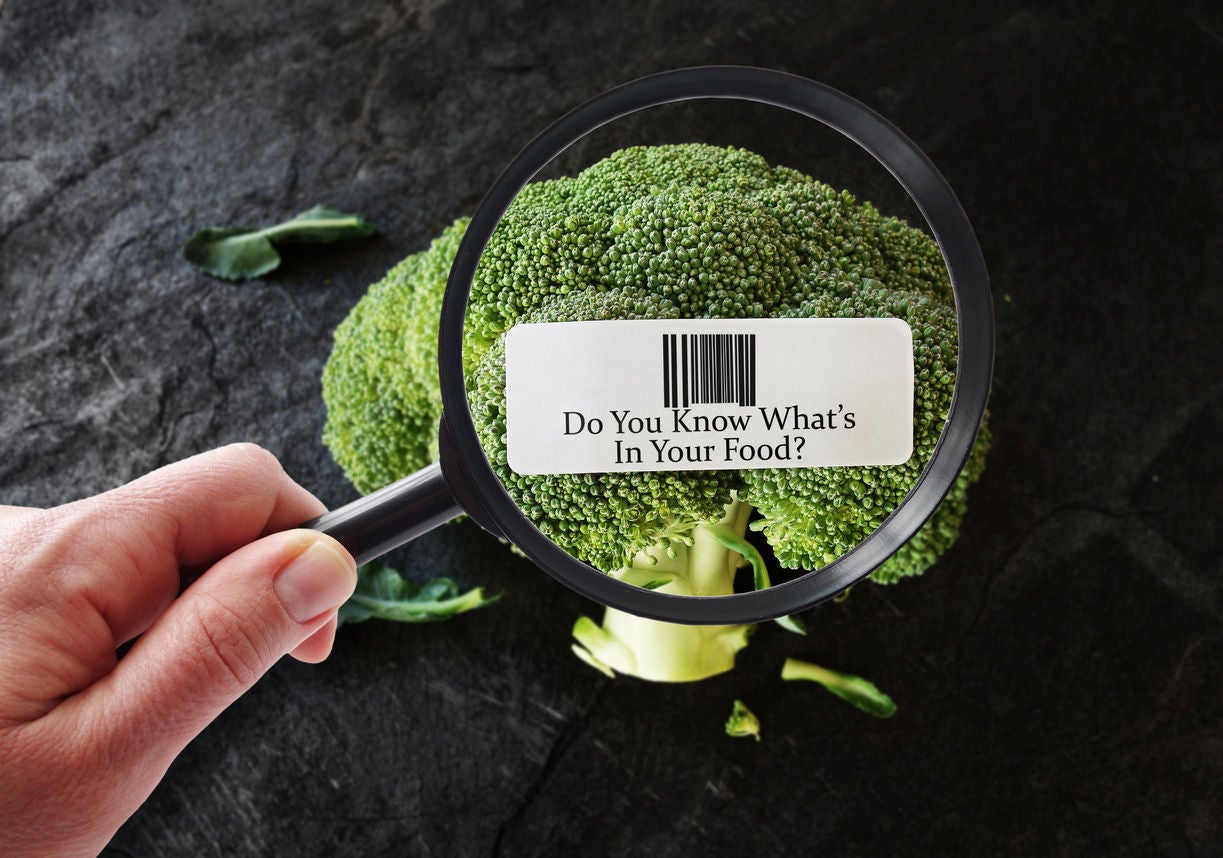HealthXchange will NEVER ask you to transfer money over a call. If in doubt, call the 24/7 ScamShield helpline at 1799, or visit the ScamShield website at www.scamshield.gov.sg.
Intolerance to Food Additives

Food additives such as preservatives (used to prolong shelf life), food colouring and flavour enhancers can trigger allergic reactions in a small number of people.
While food additives pose no problem to most people, a small number of people with food intolerances may be sensitive to certain food additives.
This was shared by the Nutrition and Dietetics Department, and the Allergy Service, both departments from KK Women’s and Children’s Hospital (KKH), a member of the SingHealth group.
For example:
Monosodium Glutamate (MSG)
This was originally isolated from seaweed in 1908 by a Japanese chemist. It is commonly used in Chinese cuisines to enhance flavour but it also occurs naturally in foods such as
- Camembert cheese
- Parmesan cheese
- Tomatoes
- Soy sauce
- Mushrooms
Intolerance towards MSG is also known as ‘Chinese Restaurant Syndrome’ and symptoms that can occur after ingesting foods containing MSG include headache, chest tightness, nausea, sweating, burning sensation in the neck and facial pressure.
Histamine
- Tofu, tempeh and miso
- Sauerkraut
- Aged cheese
- Processed meat and fish
- Alcoholic beverages
- Tuna
- Mackerel
- Yeast
- Coffee
- Chocolate or cocoa
Eating foods containing histamine can result in symptoms similar to allergic reactions such as headache, flushing, rapid heart rate, feeling faint and wheezing.
Sulfites
These are chemicals added to some foods and drinks to prevent spoilage and to help preserve the flavour and colour.
Foods containing sulfite include
- Fruit juices
- Dried fruit (e.g. apricots)
- Wine and beer
The most common reactions to sulfite affect people with asthma and tend to occur when the asthma is poorly controlled. Symptoms include wheezing, chest tightness and coughing. Reactions can range from mild to potentially life threatening.
Tartrazine
This is a yellow food coloring most commonly used in beverages, sweets, ice cream, desserts, cheese, canned vegetables, hot dogs, salad dressing, and tomato ketchup.
Reported adverse reactions can include hives or swelling, and possibly a trigger for asthma symptoms. However, studies have not documented this relationship consistently.
Benzoates
Benzoic acid, sodium benzoate and parabens are added to food and drinks including cakes, cereals, salad dressings, fresh noodles, condiments and soft drinks. Benzoates also occur naturally in prunes, cinnamon, tea and berries. They may cause hives, angioedema and asthma, but reactions are rare.
Ref: M19
Related Articles
Public Events
Get the Health Buddy App
© 2025 SingHealth Group. All Rights Reserved.
















 Get it on Google Play
Get it on Google Play